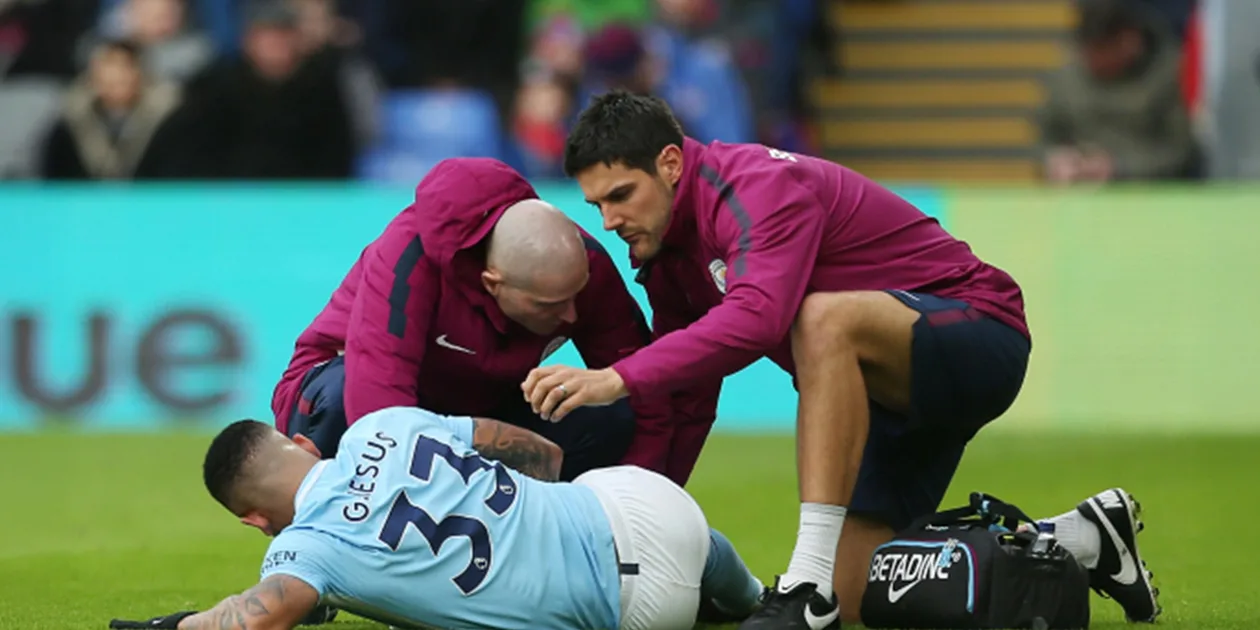
Fixture Congestion Chaos: How Jam-Packed Schedules Are Breaking Europe's Elites
Fixture Congestion Chaos: How Packed Schedules Are Destroying Europe’s Elite Clubs
European football has never felt busier. A packed football schedule now stretches from August to late May, then spills into June with internationals—and lately, new summer club tournaments. The fixture congestion impact is obvious: squads are thinner by winter, stars break down more often, and the product suffers. The causes are layered—UEFA schedule issues from expanded European competitions, a Premier League fixtures overload around domestic cups and festive periods, and FIFA’s global calendar changes—yet the outcome is the same: escalating football scheduling problems that the sport has not solved.
What changed: more European games, deeper into winter
From 2024–25, the Champions League replaced groups with a 36-team “league phase,” giving every club eight European fixtures instead of six, with the phase now running into late January rather than ending in December. Europa League adopted the same eight-game league phase, while the Conference League now runs a six-game version. These structural shifts are central to current UEFA schedule issues. More January European matchdays compress domestic calendars and intensify the fixture congestion impact.
The toll: more games, longer games, more injuries
Evidence keeps mounting that congestion correlates with injury risk. A systematic review found that condensed turnarounds increase match-injury incidence—a key insight for any football injuries analysis. Travel and cumulative load amplify that risk.
What would actually fix it?
Real solutions must be structural, not cosmetic:
- Seasonal safeguards: Adopt FIFPRO’s expert-led recommendations—four weeks of complete off-season rest plus four weeks of retraining—so players get eight uninterrupted weeks away from match play.
- Hard workload caps: Enforce a 55–60 match cap per player per season, with a maximum of six consecutive back-to-backs and mandated 72-hour intervals.
- Calendar deconfliction: UEFA and domestic leagues should ring-fence January to avoid clashes—if the league phase must extend, domestic cups need single-leg solutions at every round.
The bottom line
Right now, Europe’s elite are paying for ambition with attrition. Expanded tournaments, longer games, and vanishing recovery windows have created a systemic fixture congestion impact that no club, league, or confederation can solve alone. Until stakeholders coordinate to shrink match counts, protect rest, and simplify mid-season calendars, UEFA schedule issues will keep colliding with a Premier League fixtures overload, and football scheduling problems will continue to feed avoidable injuries.